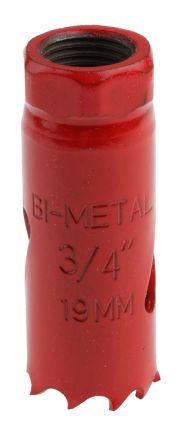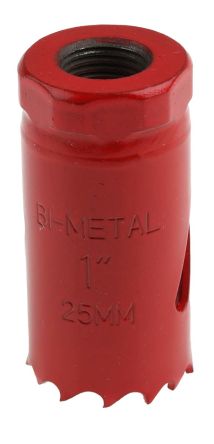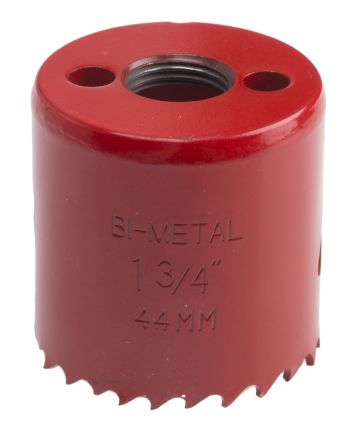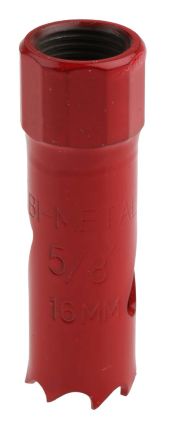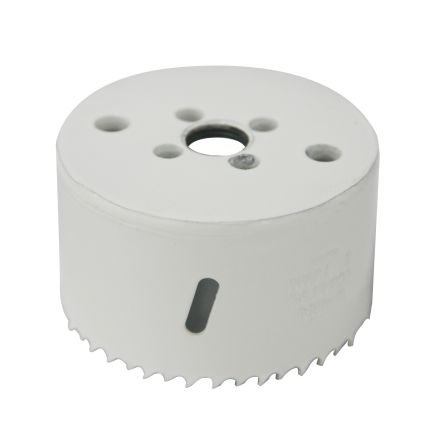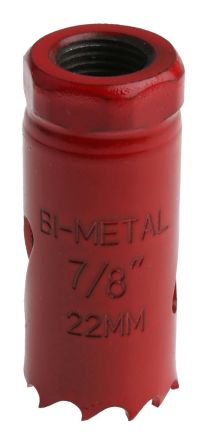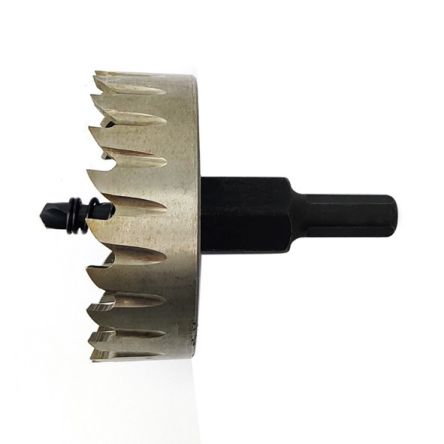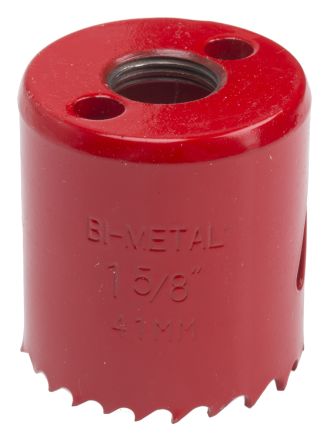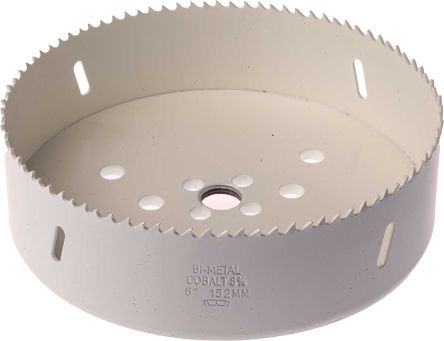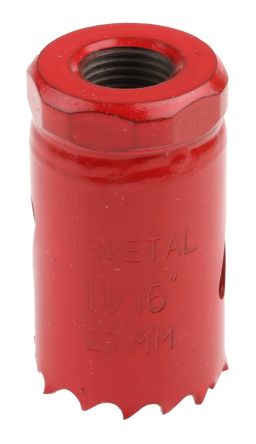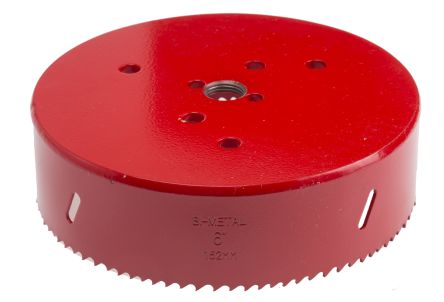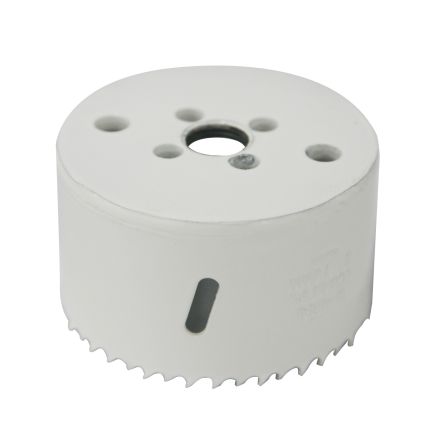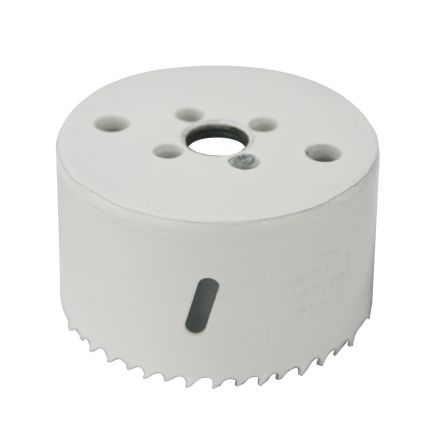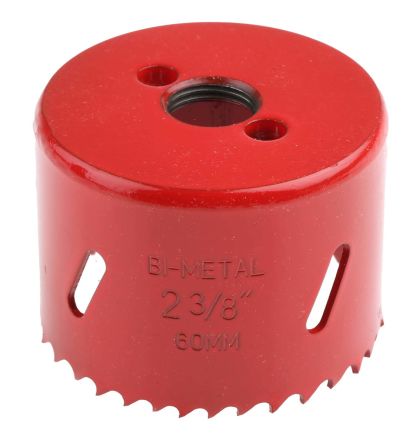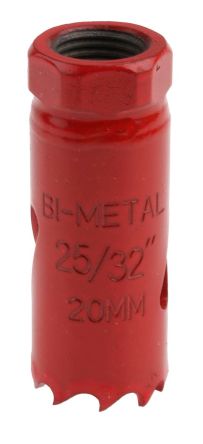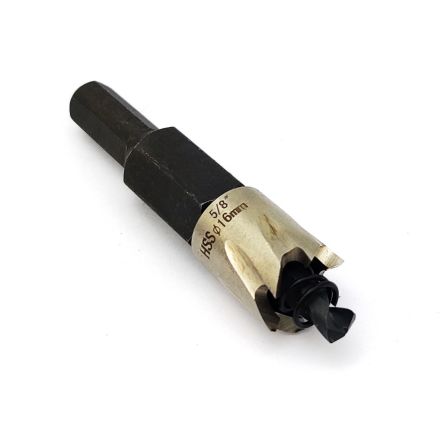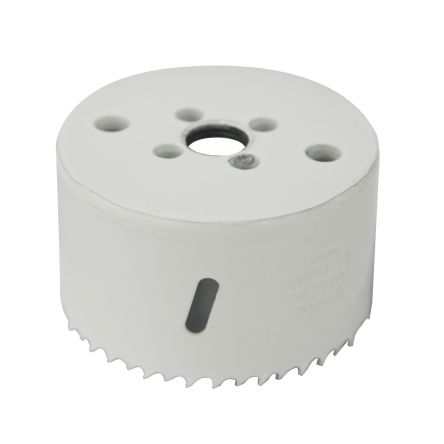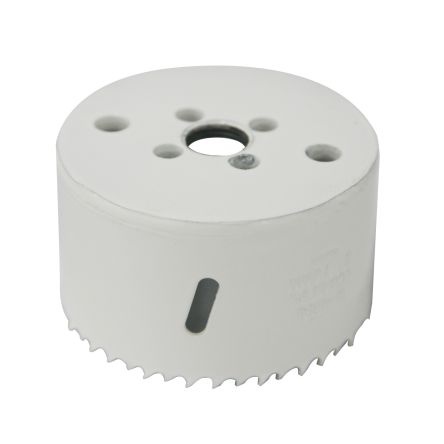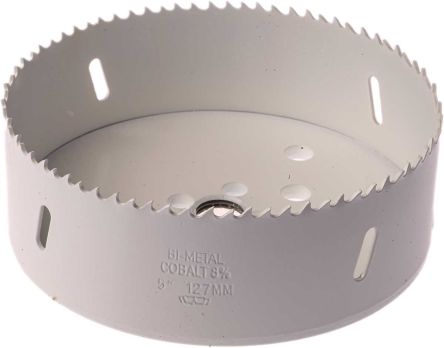| | - | 19mm | Hole Saw | HSS | 32mm | 1 | - | Hole Saw |
|
| | - | 25mm | Hole Saw | HSS | 32mm | 1 | - | Hole Saw |
|
| | - | 44mm | Hole Saw | HSS | 32mm | 1 | - | Hole Saw |
|
| | - | 16mm | Hole Saw | HSS | 32mm | 1 | - | Hole Saw |
|
| | - | 16mm | Hole Saw | Cobalt Steel | 32mm | 1 | - | Hole Saw |
|
| | - | 22mm | Hole Saw | HSS | 32mm | 1 | - | Hole Saw |
|
| | Arbor Included | 63mm | Hole Saw | HSS | 11mm | - | 10mm | - |
|
| | - | 41mm | Hole Saw | HSS | 32mm | 1 | - | Hole Saw |
|
| | - | 152mm | Hole Saw | Cobalt Steel | 32mm | 1 | - | Hole Saw |
|
| | - | 27mm | Hole Saw | HSS | 32mm | 1 | - | Hole Saw |
|
| | - | 152mm | Hole Saw | HSS | 32mm | 1 | - | Hole Saw |
|
| | - | 25mm | Hole Saw | Cobalt Steel | 32mm | 1 | - | Hole Saw |
|
| | - | 79mm | Hole Saw | Cobalt Steel | 32mm | 1 | - | Hole Saw |
|
| | - | 60mm | Hole Saw | HSS | 32mm | 1 | - | Hole Saw |
|
| | - | 20mm | Hole Saw | HSS | 32mm | 1 | - | Hole Saw |
|
| | Arbor Included | 16mm | Hole Saw | HSS | 11mm | - | 10mm | - |
|
| | - | 40mm | Hole Saw | HSS | 32mm | 1 | - | Hole Saw |
|
| | - | 140mm | Hole Saw | Cobalt Steel | 32mm | 1 | - | Hole Saw |
|
| | - | 76mm | Hole Saw | Cobalt Steel | 32mm | 1 | - | Hole Saw |
|
| | - | 127mm | Hole Saw | Cobalt Steel | 32mm | 1 | - | Hole Saw |
